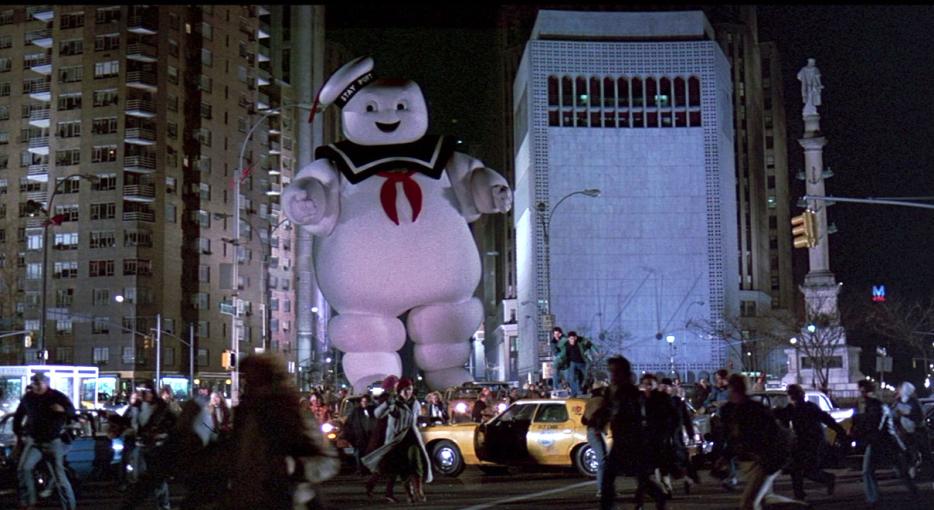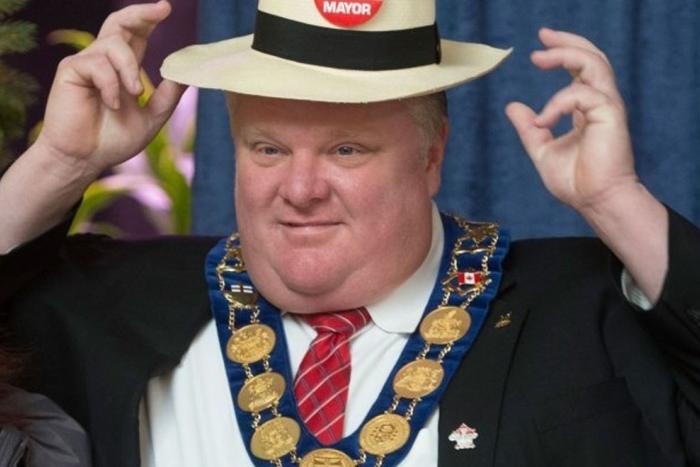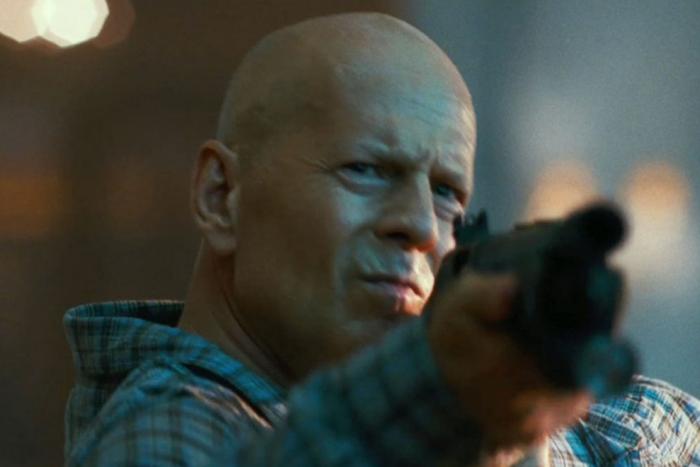Quite unintentionally, three of the last four books I read were novels set in New York City, which is also where I happened to find myself last week. (The fourth was Edward Keenan’s brand new personal and political history of Toronto since amalgamation, Some Great Idea, and I’ll come back to that soon enough.) I’ve had the privilege of knowing (and even, in some cases, adoring) many Americans, including a big heaping handful of New Yorkers. I’ve shown some of them Toronto, and described our unique position as a small nation stretched over a very big piece of land. And of course, I also tell them what it’s like to watch their television, to read their literature, and to know that there are more people living in the state of California than in all of Canada. If we are forced to mistake America and her cultural industriousness for a mirror, we can’t help but recognize that we here have got a seemingly significant problem of scale.
Before my visit, I told some of my New York pals that I probably wouldn’t really want to bother seeing NYC; I practically grew up there, just by watching Law & Order, Gossip Girl, or Woody Allen’s movies from the ‘70s. They didn’t get it, and it’s hard to explain, but I tried anyway. I basically told them that I thought the city would be already familiar, it being so overwritten about in books, movies and on TV.
I was being a bit of an asshole, but I was also kind of right. In Lower Manhattan I saw an old guy and a young guy in mover’s uniforms. The young guy was Latino, and he said, “Yo, Pappi, where you been?” to the old guy. The old guy seemed like a genuine article lifelong Italian Brooklynite, and he shouted back, I’m not even joking, “Ehh! Whatsa madder with you?” I continued to have experiences like this, making so many withdrawals from an invisible bank of New York clichés that I began to dread the inevitable over-drafting.
Teju Cole’s Open City, the first book I read this year, dealt in so few of these tropes of the New York experience that it barely felt like a New York novel at all. The book is narrated from the viewpoint of a current day flâneur, and as he walks the city it begins to change his story. Cole’s prose seems to be inspired in part by the late-Romantic composers he references often throughout the book; like Chopin and Mahler at their most stylistically baroque, Cole works with ornately overlaid notes that wander occasionally into surprising melodies. The language of Open City seems old fashioned, but like I learned about the grand Balthazar restaurant on SoHo’s Spring street, it’s context is much more recent than you’d think. And unlike Balthazar, or what’s become of SoHo, Open City is authentically cosmopolitan. My favourite scene of the book takes place in Amsterdam.
Chronic City is a book I’d read and loved before I picked it up again last month. Jonathan Lethem has a way with details, and there’s a plot line having to do with a Second Life-type of online game that I keep thinking about. The book puts Manhattan in some kind of alternate universe that so closely parallels (or parodies?) reality the details of the book have been grafted onto the way I see the city. It helps that I met one of Lethem’s good friends on my trip, and was enthusiastically shown a photo of the three-legged pit bull, Ava, who shows up in the novel. Manhattan may be tall and sprawling, but it begins to feel smaller once you put some of its pieces together in your head. And you’ll find many of the pieces are already there, implanted by the agents of some shared culture and history.
The experience of mediated familiarity feels somehow both heavy and totally hollow. How easily New York quickly fit almost exactly onto my imaginary map; is this what it’s like to be in perhaps the most mythologized city in the world? I self-consciously avoided the most tourist-friendly activities. My mother, who has loved the myth of New York since well before I was born but has never been, will be heartbroken to know that I didn’t bother to see the Statue of Liberty, or walk by the World Trade Center site. I was trying to feel the city on a smaller scale, and yet every time something that struck me as a genuine New York Moment™ happened (say, the old Brooklyn record store clerk humming “My Way” under his breath, interrupting his customer’s conversations with Mel Brooksian rejoinders) I was delighted, as I secretly am by most clichés.
I fell in love with Lore Segal’s Lucinella. And that love is still so hard and fresh that I can barely talk about the book at all. I did press it with great enthusiasm on a new friend in a late night bookstore. It’s a book that takes place primarily at parties, and describing it makes it sound terrible but it’s a beautiful, loose little thing that unravels itself as it knits you into its story. There’s a hunger and a steely sadness to it, a horror shot through with an audacious taste for love. I thought of it while I gossiped about publishing, about writing, with my friends there. The novella is suffused with gossip spun into poetry, which can be said only of the very best New York novels, and seems to be the aspiration for so many in the chattering, blogging, and partying classes.
There was a bar I went to; it was dark inside at 4 o’clock in the afternoon. I was having a beer with a pal from Toronto who is doing his PhD at NYU. We were talking about how the university was playing the real estate game, changing the texture of the neighbourhood by buying up as many buildings as it can, and leasing them out to mega chain stores. We sat near the window, nursing our beers. A man at the bar then leaned over dramatically and vomited on the floor. After the retching sounds he made in emptying his stomach, he raised his arms and let out a cheer. The bartender took away his remaining half-beer and shot of something brown. He protested, saying he had paid for the drinks and intended to finish them. She held firm, telling him his money was on her floor. “That’s my business!” he hollered. My friend said that it was nice to see some of Old New York still existed in the gentrifying East Village.
On the plane into Newark, and on the train ride to Penn Station, I finished reading Some Great Idea. It was perhaps with a small amount of hostility towards New York that I brought it along at all. As if I could show the bigger city how much I adore Toronto and so make myself immune to both the authentic and sensationally artificial charms of NYC.In the book, Keenan opens with the elegant notion of the city as a living story that “we tell ourselves about ourselves.” It’s familiar rhetoric for urbanists, of which Toronto has many, but only because it feels right. And so I guess I wanted to tell a story to a story, to find my own short narrative in an over-written place. It was a tall order, but I think that’s the appeal of New York. And I had enough hubris to give it a go, if only for five days.






